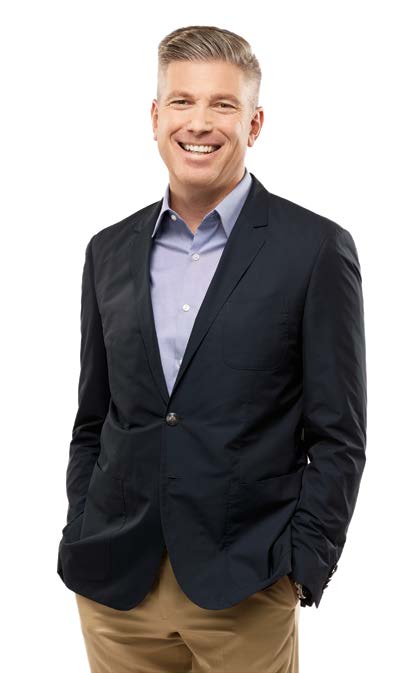Share this page
The College connects with regulators for the teaching profession around the world to share effective and emerging practices.
By Michael Salvatori, OCT
@Michael_OCTOEEO
Photo: Matthew Plexman

Growing up in small-town Ontario before the advent of the internet, my international exposure was limited to one of my favourite classes — German with Frau Almassy. An innovative and committed language teacher, she incorporated many authentic German-language resources into our classes. One of them was a publication for young people called Jugendscala.
The quarterly magazine quickly became my outlet to the world beyond Grey County, broadening my fledgling world view through photos and articles on music, food, culture and politics.
I still have a copy of one issue featuring German pop star Nena’s international hit “99 Luftballons.” I can vividly recall learning the German lyrics and feeling a cut above my friends who were limited to the English version.
The world has since become a much smaller place thanks to social media and digital technology, which allows us to connect to, learn from, and interact with the world and the people and organizations in it.
Our work at the College is locally focused on Ontario’s teaching profession, but we connect at the international level in a number of ways and for a number of different reasons.
The College is part of the International Forum of Teacher Regulatory Authorities (iftra.org), which brings together professional regulators of the teaching profession throughout the world. We meet every two years to discuss issues of common interest, such as transparency in the public interest and teacher education and qualifications. Please visit the website to see the member organizations in countries in which the teaching profession is regulated by a body like ours.
We also work with UNESCO to develop international guidelines for teaching standards for those member countries that have not articulated standards of practice and ethical standards.
We have an opportunity during these briefing sessions to hear about the teaching profession in other countries, to exchange resources and to pose questions to our guests.
We stay connected and informed through a number of ways, including webinars. We learn from each other and take advantage of digital technology to share effective and emerging practices. For instance, last year, Council Chair Angela De Palma, OCT, and I led a webinar for our international colleagues about Ontario’s Protecting Students Act and its measures to improve our investigations and hearings processes in the public interest.
Sometimes, the international scene comes to us directly. Delegations visit from countries such as Wales, Singapore, the Republic of Korea, the People’s Republic of China and Oman. Intrigued by the College’s self-regulatory role, they want to learn about our responsibilities, including certification requirements, the standards of practice and ethical standards, accreditation of both pre-service and in-service teacher education programs and the disciplinary process.
The learning is reciprocal. We have an opportunity during these briefing sessions to hear about the teaching profession in other countries, to exchange resources and to pose questions to our guests. And, as with my high school copy of Jugendscala, I am always thrilled to receive journals published by our international partners such as Teaching Scotland (gtcs.org.uk)from our colleagues at the General Teaching Council for Scotland. No music lyrics but lots of great professional learning!
